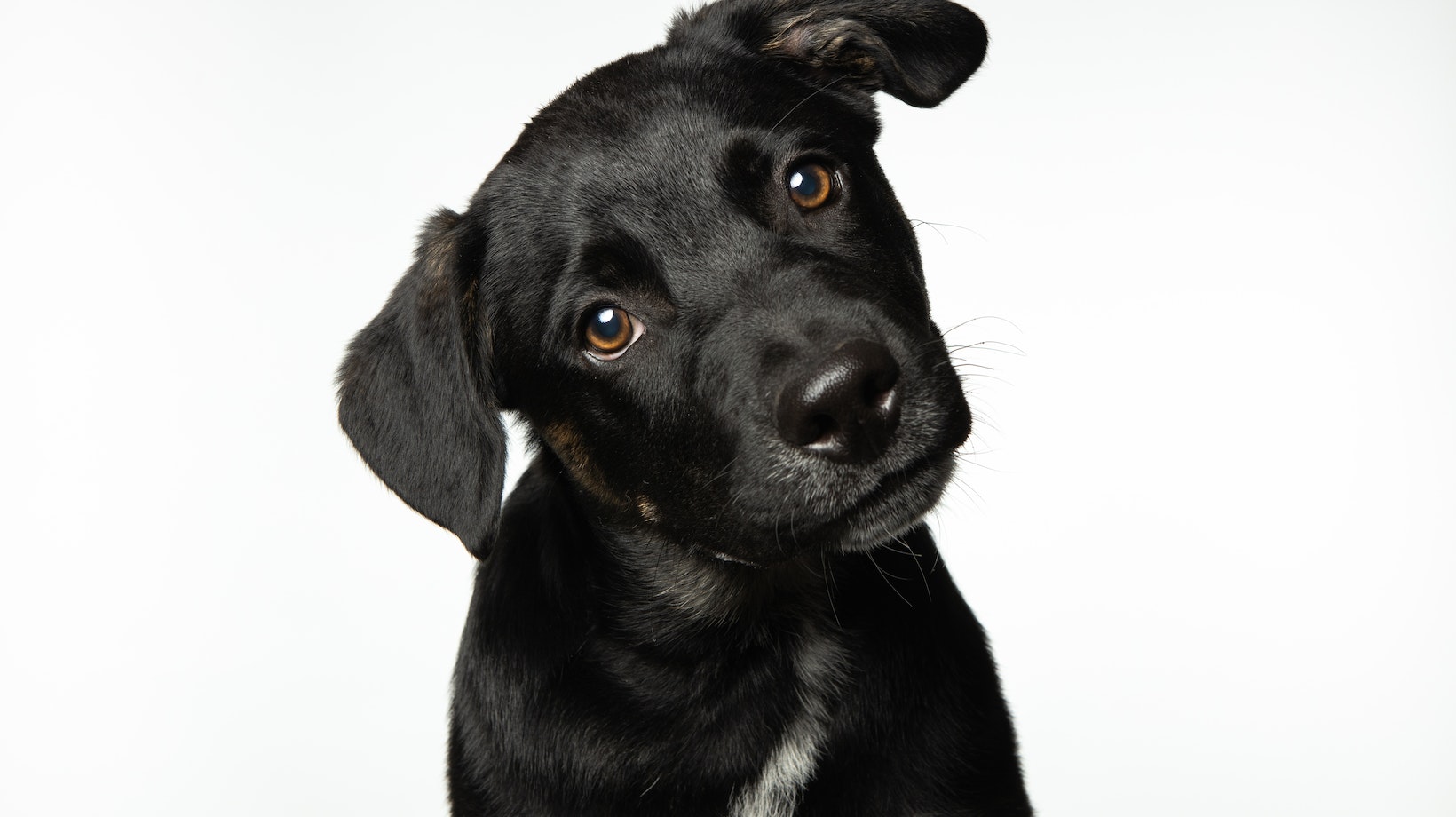Why Is My Dog Eating Her Poop
These infections are often caused by parasites like roundworms, hookworms, or whipworms. When a dog is infected with these parasites, it can lead to nutrient deficiencies and malabsorption, causing them to seek out alternative sources of nutrients – including their own feces.
Preventing parasitic infections is crucial for maintaining your Labrador’s overall health and preventing coprophagia. Regular deworming treatments prescribed by your veterinarian can help control parasite infestations and reduce the likelihood of this behavior.
Intestinal Blockages
Intestinal blockages are another health issue that may contribute to coprophagia in Labradors. Sometimes, dogs may develop a habit of eating their own feces if they have an obstruction in their digestive tract. This could be due to ingesting indigestible objects or foreign bodies that get stuck in their intestines.
If you notice persistent coprophagia in your Labrador or suspect an intestinal blockage, it’s essential to seek veterinary attention immediately. A thorough examination and diagnostic tests such as X-rays may be necessary to identify any obstructions and determine the appropriate course of treatment.
Digestive Disorders
Certain digestive disorders can also play a role in causing coprophagia in Labradors. Conditions like exocrine pancreatic insufficiency (EPI) or inflammatory bowel disease (IBD) can disrupt the normal digestion and absorption of food nutrients. As a result, dogs may resort to eating their feces as a way to compensate for nutrient deficiencies.
If you suspect that your Labrador has an underlying digestive disorder contributing to their coprophagia behavior, consult with your veterinarian for proper diagnosis and management strategies. They may recommend dietary modifications, medication, or other interventions to address the underlying condition and curb the undesirable behavior.
Understanding these potential health issues that can cause coprophagia in Labradors is crucial for pet owners. By addressing any underlying medical conditions and providing appropriate treatment, you can help your furry friend overcome this behavior and ensure their overall well-being. Remember to consult with a veterinarian for personalized advice based on your dog’s specific needs.

The Role Of Diet And Nutrition In Coprophagia
When it comes to our furry friends, we sometimes find ourselves scratching our heads in perplexity at their strange behaviors. One such behavior that can leave us feeling puzzled is when our beloved Labrador decides to eat her own poop. It’s a common concern among dog owners, but rest assured, there are reasons behind this behavior.
In the quest to understand why dogs engage in coprophagia (the scientific term for eating feces), we must explore the role of diet and nutrition. As an expert blogger, I’ll shed some light on this topic.
- Inadequate Nutrition: A poor diet lacking essential nutrients can lead to coprophagia in dogs. When their bodies don’t receive proper nutrition, they may feel compelled to resort to alternative sources – even if it means consuming their own waste.
- Malabsorption Issues: Some dogs may suffer from malabsorption issues where their bodies struggle to absorb nutrients effectively from their food. This can create a nutritional imbalance, prompting them to seek out additional sources of sustenance.
- Enzyme Deficiencies: Dogs with enzyme deficiencies may have difficulty breaking down certain components of their food, resulting in undigested particles being excreted in their feces. These undigested particles may still contain valuable nutrients that entice the dog to engage in coprophagia.
- Behavioral Factors: While diet plays a significant role, it’s important not to overlook behavioral factors as well. Dogs may develop coprophagic tendencies due to boredom, stress, or learned behavior from other dogs within the household.
To address this issue and discourage your Labrador from engaging in coprophagia:
- Consult with your veterinarian: They can assess your dog’s overall health and suggest dietary modifications or supplements if necessary.
- Feed a high-quality diet: Ensure your dog’s food meets all nutritional requirements and consider adding probiotics or enzymes to aid digestion.
- Provide mental and physical stimulation: Engage your Labrador in regular exercise, playtime, and training sessions to keep her stimulated and mentally satisfied.
Remember, it’s crucial to approach this issue with patience and understanding. With the right combination of a balanced diet, proper nutrition, and behavioral enrichment, you can help curb your dog’s coprophagic tendencies.